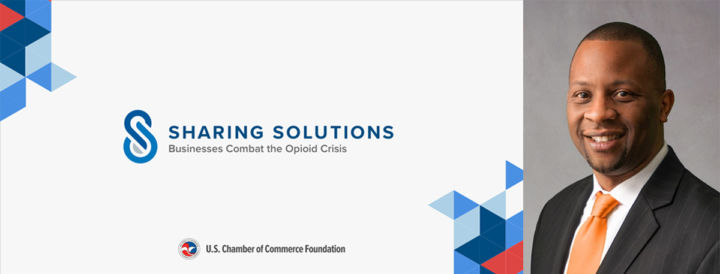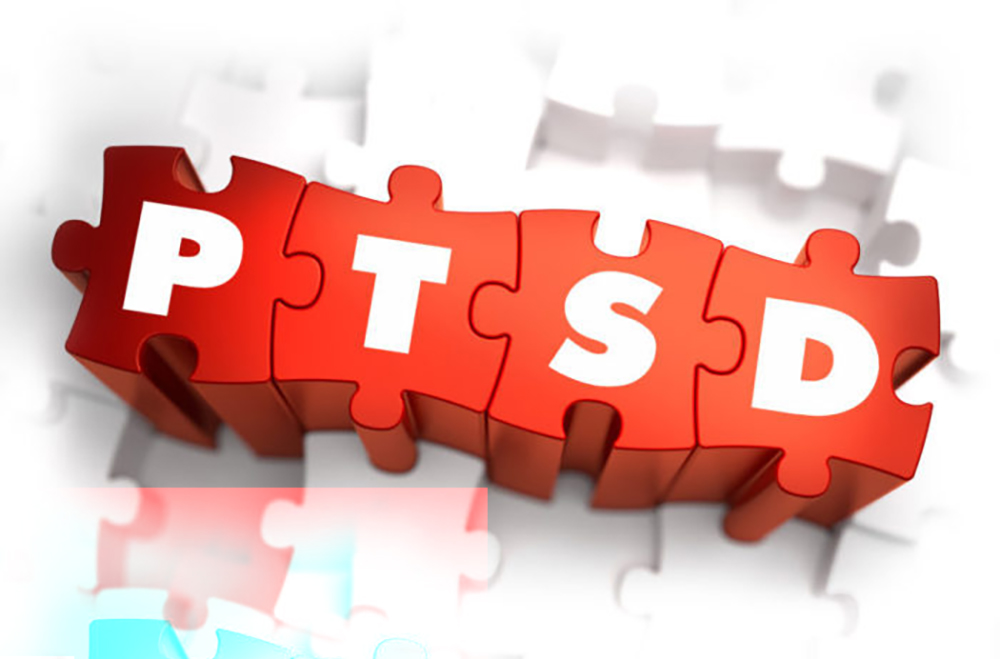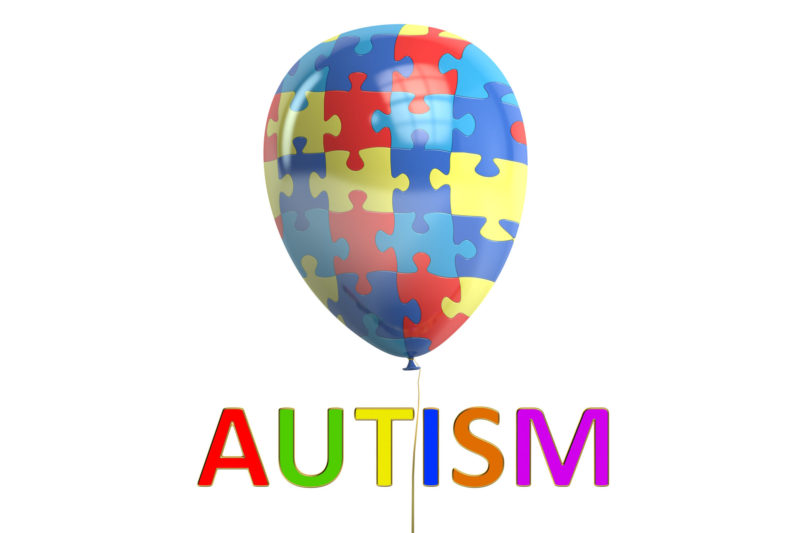Dr. Anton Bizzell Joins U.S. Chamber of Commerce Foundation to Combat Opioid Crisis
April 8, 2019 (Lanham, MD) – President and CEO of The Bizzell Group (Bizzell), Anton Bizzell, M.D., will partner with the U.S. Chamber of Commerce Foundation for the launch of Sharing Solutions – a campaign and online resource designed to help local businesses combat the opioid crisis.
“We have heard from many small and midsize business owners struggling to find a way to address prescription drug misuse among their employees and families, said Carolyn Cawley, president of the Chamber Foundation. “Employer specific resources are thin, and they’re scattered. Our campaign collects and curates credible resources to help employers get what they need more quickly.”
Dr. Bizzell, a U.S. Chamber Foundation Fellow, will serve as the substance abuse expert, advising The Chamber Foundation’s campaign, which will include a tour of ten hard-hit cities, where workshops and community education will be provided. Dr. Bizzell will lead and moderate panel discussions with other business leaders, sharing innovative solutions to help employers address the opioid crisis through changes in business processes, employee engagement, core competencies, and community outreach.
“Businesses at the core of our communities can help solve this public health crisis – starting with our families and people in the workplace,” said Dr. Bizzell. “As a business owner, I am honored to be a part of this movement, saving lives and making resources accessible to the people who need them most.”
Dr. Bizzell has more than 20 years of combined clinical, research, health services, policy and management experience with various private and public organizations and agencies within the U.S. Department of Health and Human Services (HHS), including Substance Abuse and Mental Health Services Administration (SAMHSA) and National Institutes of Health (NIH). Most of his career has been spent on public health issues related to access and quality of medical, substance abuse and behavioral health services. Dr. Bizzell founded Bizzell in order to continue to drive change and address public health issues.
About Bizzell
Established in 2010, The Bizzell Group (Bizzell) is a U.S. Small Business Administration (SBA) 8(a) strategic management and consulting firm that specializes in Program & Project Management, Administrative Support, Communication & Outreach, Conference Management & Logistical Support, Health Services & Research, Technical Assistance, as well as Training & Development. Bizzell is a partner of choice for federal, state and local government agencies and private organizations. Bizzell’s expert staff and consultants work on health, scientific, education, environment, research, and information technology projects that meet national priorities.
Under the leadership and vision of founder, Dr. Anton C. Bizzell, the company has grown from a staff of two in one small office, to a thriving firm with three offices in Lanham, MD, Rockville, MD, and Atlanta, GA with ongoing projects across the world.
About the U.S. Chamber of Commerce Foundation
The U.S. Chamber of Commerce Foundation is dedicated to strengthening America’s long-term competitiveness. We educate the public on the conditions necessary for business and communities to thrive, how business positively impacts communities, and emerging issues and creative solutions that will shape the future.
About the U.S. Chamber of Commerce
The U.S. Chamber of Commerce is the world’s largest business federation representing the interests of more than 3 million businesses of all sizes, sectors, and regions, as well as state and local chambers and industry associations.
Download this press release here.
The Bizzell Group Contact
Trevis Cage
Director of Communications
301-459-0100 ext. 130
www.BizzellUS.com




